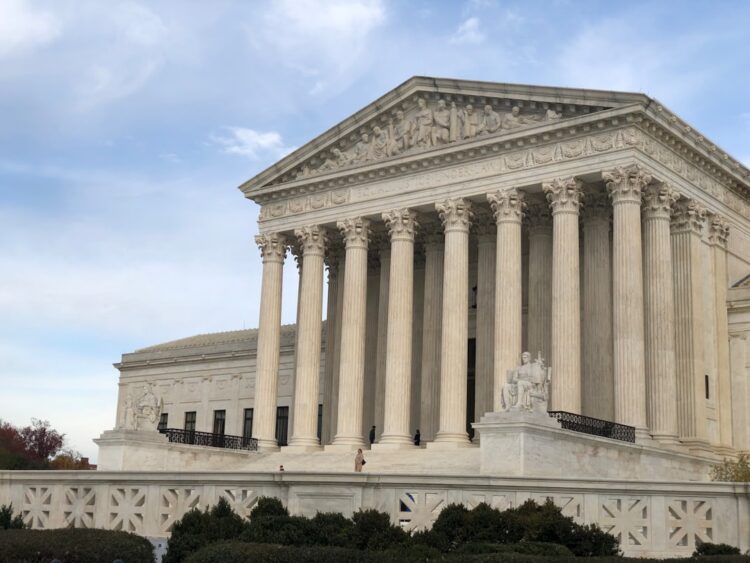Workplace discrimination is a pervasive and damaging issue that affects millions of workers around the world. Discrimination can take many forms, from overt acts of harassment to more subtle forms of bias and exclusion. In the United States, there are laws in place that protect workers from discrimination based on factors such as race, gender, religion, age, disability, and sexual orientation. These laws are designed to create a fair and equal workplace environment for all employees.
One of the most important laws protecting workers from discrimination in the United States is Title VII of the Civil Rights Act of 1964. This law prohibits employers from discriminating against employees on the basis of race, color, religion, sex, or national origin. Title VII applies to all employers with 15 or more employees, including both public and private sector employers. If an employee believes they have been discriminated against in violation of Title VII, they can file a complaint with the Equal Employment Opportunity Commission (EEOC), which enforces the law.
Another important law protecting workers from discrimination is the Americans with Disabilities Act (ADA). This law prohibits discrimination against employees with disabilities and requires employers to provide reasonable accommodations to enable disabled employees to perform their job duties. The ADA applies to all employers with 15 or more employees and covers a wide range of disabilities, including physical, mental, and emotional disabilities.
In addition to federal laws, many states and localities have their own anti-discrimination laws that provide additional protections to workers. For example, some states have laws that prohibit discrimination based on sexual orientation or gender identity, which are not covered under federal law. These state and local laws are important because they provide additional protections to workers who may not be covered under federal law.
Despite the existence of these laws, workplace discrimination continues to be a significant problem in the United States. According to the EEOC, the number of discrimination charges filed with the agency has remained relatively stable in recent years, indicating that discrimination is still a widespread issue. In addition, many cases of discrimination go unreported due to fear of retaliation or a lack of awareness of legal rights.
In conclusion, exploring the laws surrounding workplace discrimination is an important step in understanding and combatting this pervasive issue. By educating themselves about their rights under federal, state, and local laws, workers can empower themselves to take action against discrimination and create a more inclusive and equitable workplace for all. Discrimination has no place in the modern workplace, and it is up to all of us to ensure that all workers are treated with dignity and respect.












